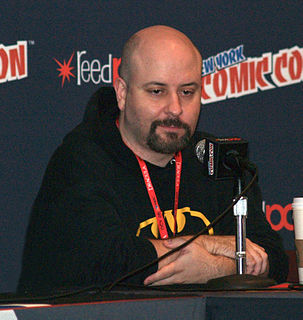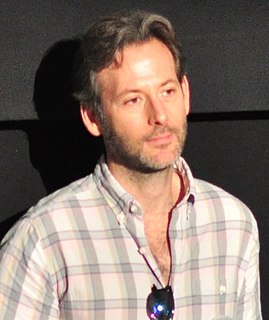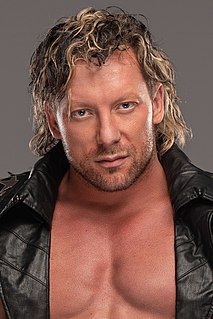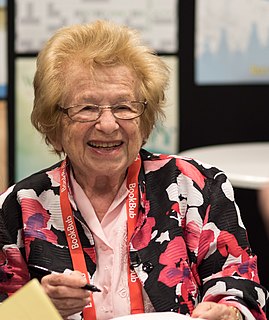A Quote by Jay Shetty
I feel that most of our pain from the loss of a loved one is things we never said or expressed.
Related Quotes
Because God is never cruel, there is a reason for all things. We must know the pain of loss; because if we never knew it, we would have no compassion for others, and we would become monsters of self-regard, creatures of unalloyed self-interest. The terrible pain of loss teaches humility to our prideful kind, has the power to soften uncaring hearts, to make a better person of a good one.
Poetry has its uses for despair. It can carve a shape in which a pain can seem to be; it can give one’s loss a form and dimension so that it might be loss and not simply a hopeless haunting. It can do these things for one person, or it can do them for an entire culture. But poetry is for psychological, spiritual, or emotional pain. For physical pain it is, like everything but drugs, useless.
Artists react to tragedy by doing something both as a way for us as artists to process our pain and our grief and our loss and as a way to give something back and memorialize people that are lost. That always makes it far harder to compartmentalize things. As a species, should never get used to tragedy and we should do everything we can to prevent it from happening and to celebrate people loving people. We should all be lucky enough to be loved and to love someone in return. That's what this is about.
Facing the darkness, admitting the pain, allowing the pain to be pain, is never easy. This is why courage - big-heartedness - is the most essential virtue on the spiritual journey. But if we fail to let pain be pain - and our entire patriarchal culture refuses to let this happen - then pain will haunt us in nightmarish ways. We will become pain's victims instead of the healers we might become.
Grief is real because loss is real. Each grief has its own imprint, as distinctive and as unique as the person we lost. The pain of loss is so intense, so heartbreaking, because in loving we deeply connect with another human being, and grief is the reflection of the connection that has been lost. We think we want to avoid the grief, but really it is the pain of the loss we want to avoid. Grief is the healing process that ultimately brings us comfort in our pain.
Wanting things to be otherwise is the very essence of suffering. We almost never directly experience what pain is because our reaction to it is so immediate that most of what we call pain is actually our experience of resistance to that phenomenon. And the resistance is usually a good deal more painful than the original sensation.


































